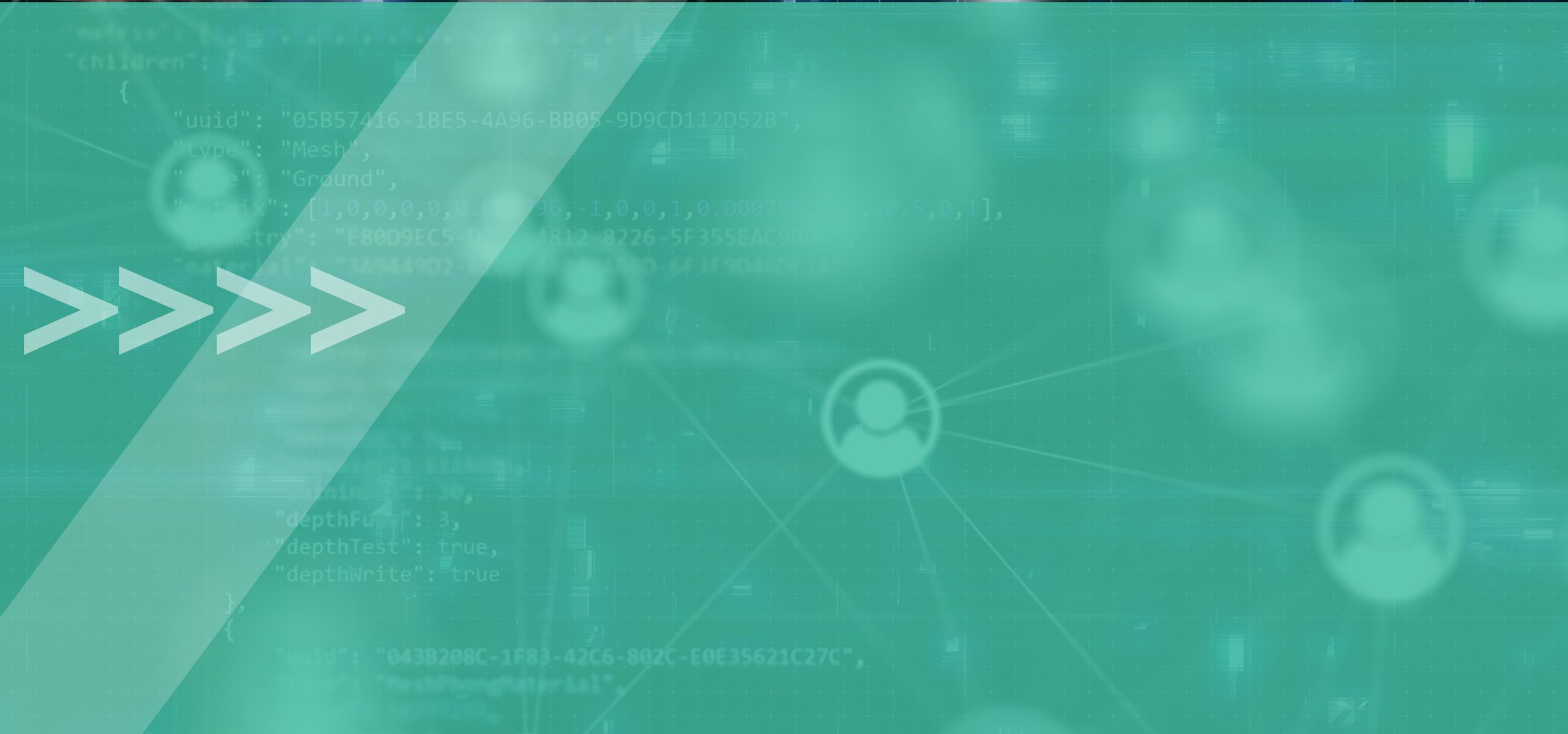
ALL THINGS COMPLIANCE BLOG
How Standards Are Tributaries of Regulations and Compliance Management
Standards and regulations are often used interchangeably in the context of compliance management. While these types of documents are related, they are not identical. Understand how they work together, where they differ, and why they are so often mixed up.
Mastering the Waves of Change: The Indispensable Role of Historical Data in AI-Driven SaaS Compliance
In an era where regulatory compliance is more dynamic than ever, Citation Manage™ emerges as a trailblazer in the AI-driven SaaS compliance landscape. Its unique edge? A vast historical database stretching back to 2002, offering unparalleled insights for predictive analytics in compliance management. Unlike its contemporaries, Citation Manage™ utilizes this extensive archive to fuel its AI engine, setting a new standard in proactive regulatory adherence.
Maximizing CSR Impact with an EMS: The Importance of Prioritizing Corporate Social Responsibility Goals
If you are a business owner or manager, you most likely understand the importance of prioritizing your corporate social responsibility (CSR) goals. CSR involves voluntarily improving the social, environmental, and economic impacts of your organization. However, effectively measuring and enhancing CSR performance in a credible and systematic manner can be challenging. Thankfully, there is a solution: implementing an environmental management system (EMS).
The Role of AI in the Oil and Gas Value Chain - Carbon Reduction and Sustainable Development
Part 2 of this oil and gas series explored how AI enhanced midstream and downstream oil and gas sectors with optimized operations, predictive maintenance, asset integrity, safety, energy efficiency, supply chain optimization, decision support, and risk management. Part 3 focuses on AI's pivotal role in carbon abatement and sustainable development within the industry.
The Role of AI in the Oil and Gas Value Chain - Midstream and Downstream Segment
Part 1 of this series focused on potential applications of artificial intelligence (AI) within the “upstream” segment and how it optimizes field development from exploration to production. Part 2 will explore how AI is being incorporated in the midstream and downstream segments to enhance operational productivity, efficiency, and profitability.
The Role of AI in the Oil and Gas Value Chain - Upstream Segment
With the recent hype surrounding ChatGPT, I thought I would continue my artificial intelligence series by exploring a few potential applications of AI in oil and gas operations. In the first part of the series, I will focus on the "upstream" segment where AI is used to optimize field development from exploration to production.
What is RegTech and Regulatory Monitoring?
In this blog we define what regtech is, the regtech landscape, and how regulatory monitoring technology can benefit your business.
The Real Transformation of EHS Management: Exploring True SaaS vs. Fake SaaS
In the riveting domain of Environment, Health, and Safety (EHS) management, the concept of True SaaS has emerged as a game-changer. Unlike mere pretenses, this embodies a whole new paradigm shift, capable of transforming the EHS management landscape. So, what differentiates True SaaS from what's popularly termed as Fake SaaS? Let's investigate the distinguishing factors that set them apart.
The Comprehensive Guide to HSE Software in Championing Environmental Compliance
In today's business world, "HSE" (Health, Safety, and Environment) isn't just jargon; it's the core of modern companies, emphasizing care for people and the planet. HSE software streamlines safety, learning, compliance, and sustainability, shaping a future where technology and conscientiousness thrive in harmony.
Compliance Risk Management in the Age of Big Data
By 2025, global data creation is projected to grow to more than 180 zettabytes. What does this explosive growth of data and information mean for compliance risk management?
How the Transition to Net-Zero By 2050 will Drive Regulations and Affect Compliance Risk Assessments
Like it or not, net-zero 2050 regulation is already here. In this blog, we explore how it is driving new regulations today, and how this will impact compliance risk assessments for all industries.
The Path to Ethical AI is Through Regulation
Many software products now incorporate AI causing the scale of potential bias to balloon to unprecedented proportions. Business and Compliance leaders are responsible for planning ways to mitigate the inherent ethical biases of data, but can we afford to leave this in the hands of individuals? The best way to prevent future challenges is through governance and regulation, and here's why.
Unlocking Employee Engagement: An All-Encompassing Approach to Amplifying EHS and Corporate Triumph
Explore the profound connection between Employee Engagement and Environmental Health and Safety (EHS) in our comprehensive examination. Learn how engaged employees elevate safety, enhance communication, and boost productivity, and discover practical strategies to amplify both Employee Engagement and EHS for a secure, prosperous workplace.
Revolutionizing the Future: 7 Key Strategies in Designing Management of Change Processes to Support Your ESG Goals
In today's corporate environment, Environmental, Social, and Governance (ESG) goals are defining a new paradigm for success. These goals mirror the world's collective desire for a more responsible and sustainable future. To navigate this evolution, businesses need effective change processes. But the challenge lies in ensuring these processes are tailored to align with ESG goals authentically. And this article provides the roadmap for that very journey.
AI in regulatory compliance – friend or foe?
AI might be man’s new best friend or worst enemy. There is no doubt it is improving the way we go about our daily tasks, but will it also start to replace some of the functions that we have performed for decades and make us redundant? In this blog, we unpack if regulatory compliance professionals need to worry about AI taking their jobs away or whether the advancement of AI will ultimately create more opportunities.















